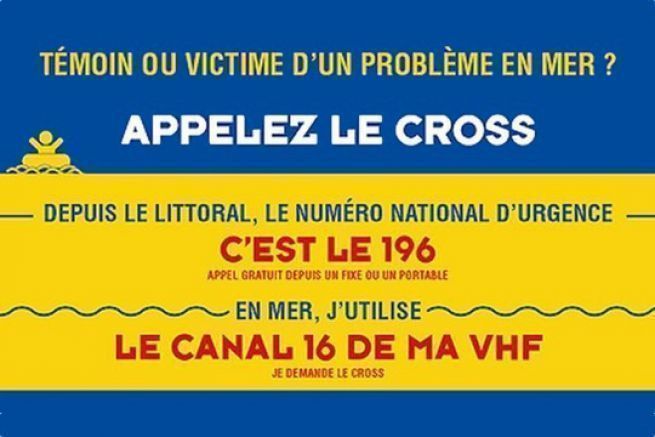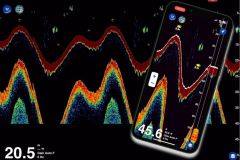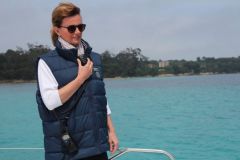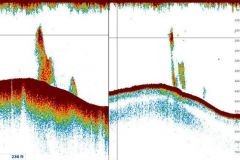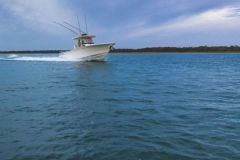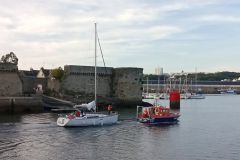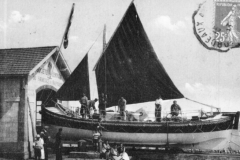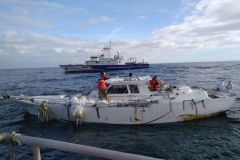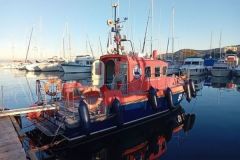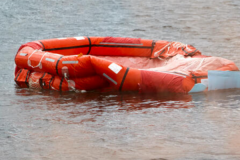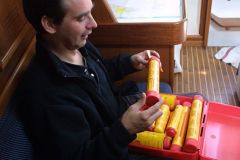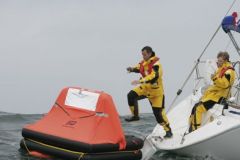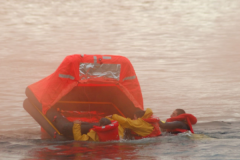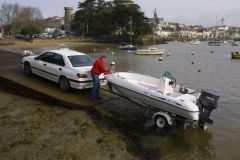196 is the only telephone number to reach the Regional Operational Centres for Surveillance and Rescue at Sea (Cross), in case of emergency only.
The 196 number allows you to contact the emergency services free of charge, from any cell phone and outside the coverage area. It has been chosen to recall the VHF channel 16 and the former rescue number 1616. The Cross is considered an emergency service. Calling 196 is the assurance of being in contact with sea rescue professionals capable of responding effectively to a request for help", 7 days a week, 24 hours a day. In addition, the Cross can obtain the location of a cell phone from telephone operators, in order to increase the effectiveness of the rescue and to check the origin of the call.
The 196 does not replace the European emergency number 112. It enables the fastest possible telephone contact with the CROSS, without delaying the dispatch of resources adapted to the emergency situation.
Give preference to VHF
Sixty percent of mariners use their VHF to make distress calls. However, more than 37% of the requests for assistance are made via a cell phone.
However, the use of the VHF should not be abandoned because the cell phone is not well adapted to the navigation environment. Gérard d'Abboville, president of the Conseil supérieur de la navigation de plaisance (French national council for recreational boating), says: " The use of the VHF (international distress frequency) must be maintained. When you call for help with a telephone, none of the boats that may be nearby will pick up the alert, but with the VHF it will. In some situations, it can be decisive in saving people."
